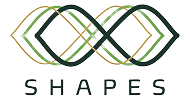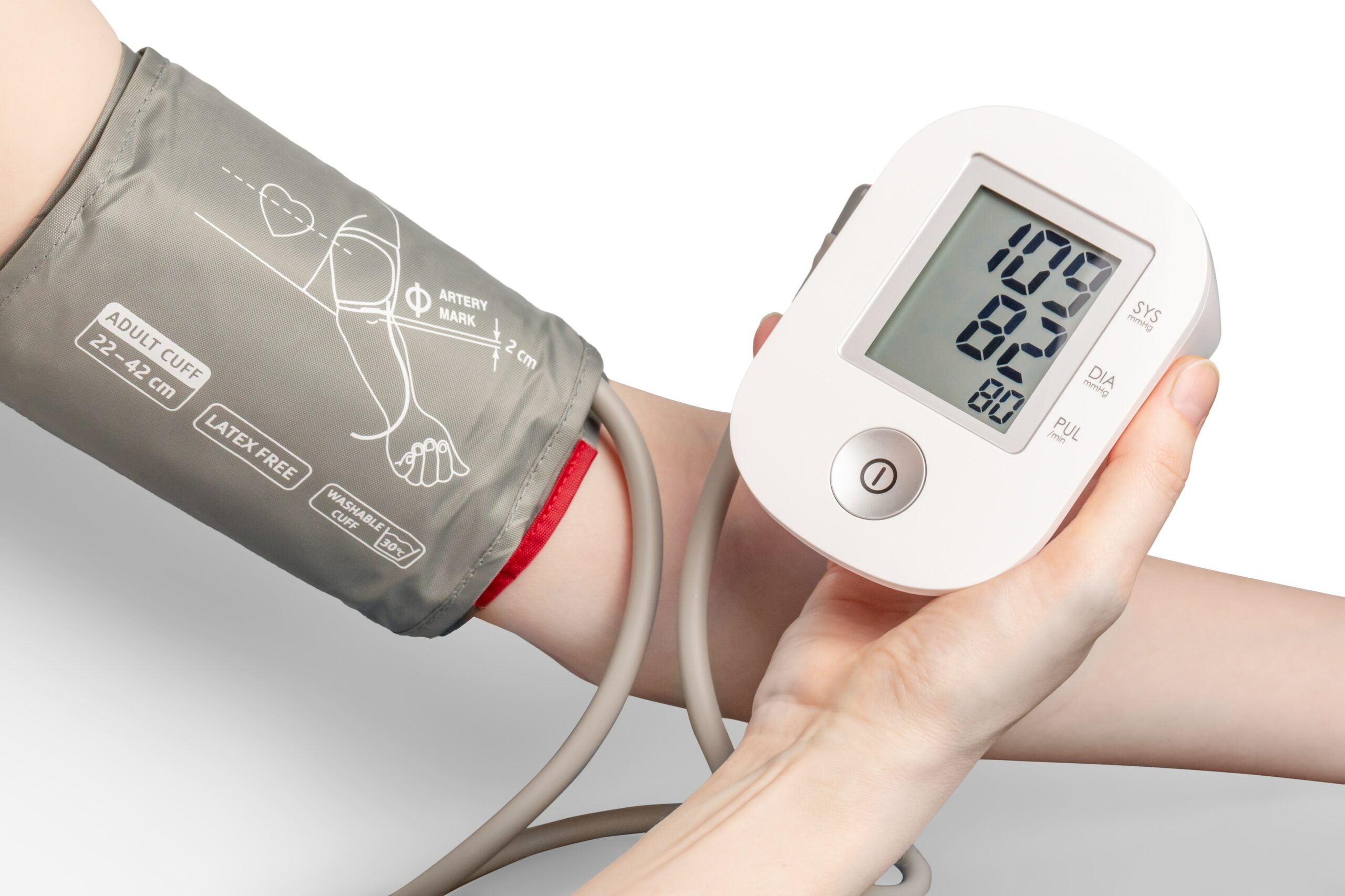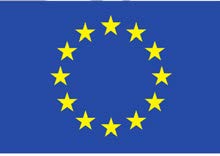User experience excels for medicines optimisation use case in Northern Ireland
Older people with heart failure in Northern Ireland took part in a 12-week pilot of the SHAPES platform and digital solutions earlier this year. Participants used a mobile app (combination of a SHAPES front-end app and the eCare app; both provided by EDGE) that was linked to a range of smart medical devices to record their heart rate, blood pressure, weight and oxygen saturation, as well as complete a daily survey about their health. There was a high level of engagement with the mobile app throughout the pilot. Researchers used the System Usability Score (SUS) and User Experience Questionnaire (short-version; UEQ-S) to evaluate user experience and satisfaction with the mobile app. Mean SUS score for the four participants was 83.13 (standard deviation [SD] 12.48). A score of over 68 in the SUS is considered above average, therefore this finding suggests an acceptable level of usability. Mean UEQ-S score for the four participants was 2.09 (SD 0.62). This finding indicates that the user experience was ‘excellent’ when compared with benchmark data.
Participants were also interviewed about their experience during the pilot. In terms of trusting the mobile app, none of the participants surveyed had any issue or concern with collecting, storing and displaying their health information. All participants welcomed the potential future inclusion of healthcare practitioners in viewing their data. The participants perceived the mobile app as useful for self-monitoring their health indicators. However, they described the frequency of using the devices and mobile app every day as too burdensome and monotonous.
Challenges with recruitment of participants for this pilot and the short duration of the pilot meant that researchers were unable to evaluate how the SHAPES platform and digital solutions impacted upon their health and wellbeing outcomes. However, these positive findings on usability and user experience revealed that the digital solutions deployed in this pilot were used, useful and usable by older people living at home. Moreover, participants trusted the technology and were encouraged by the prospect of their healthcare professionals using these remote methods to monitor their health.


